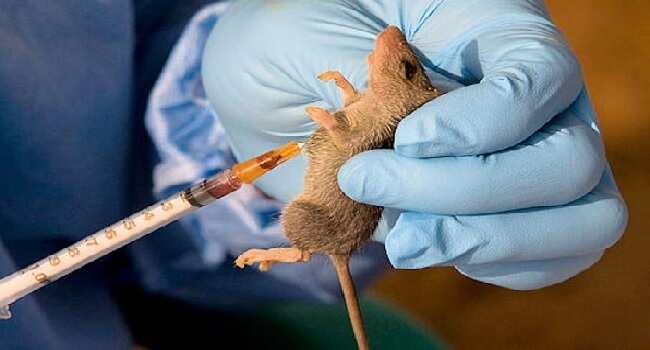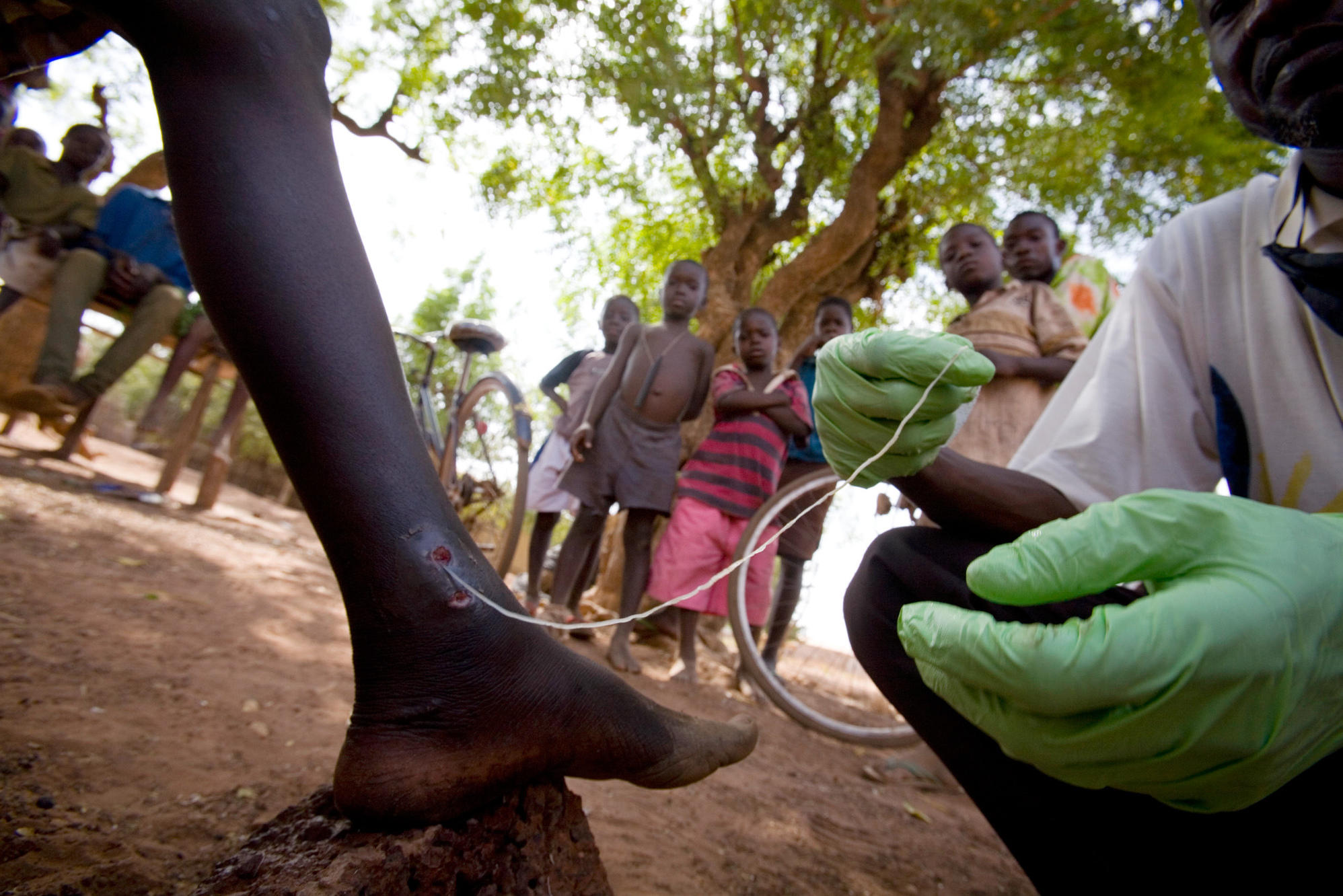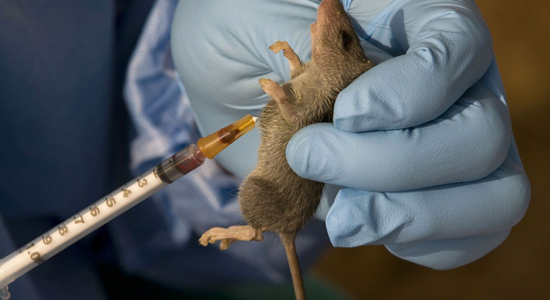NAFDAC Introduces Digital Registration of Products
The National Agency for Food and Drug Administration and Control (NAFDAC) has commenced online processes for the registration of products, NAN reports. The Director General of NAFDAC, Prof. Moji Adeyeye on Thursday disclosed this during an interview in Abuja.











